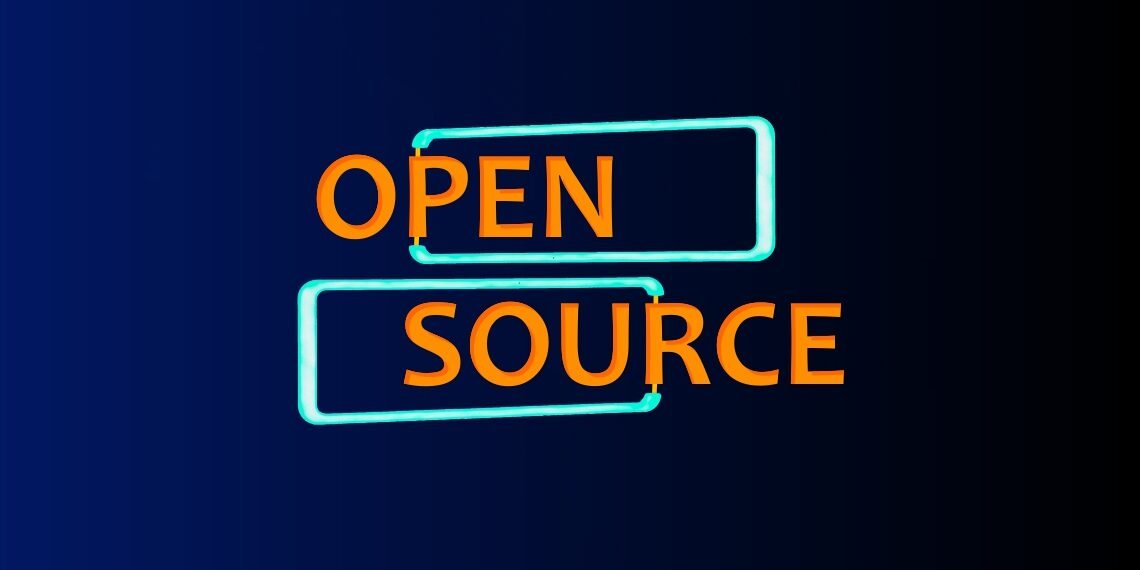Tech and AI companies, like GitHub and HuggingFace, have written to European lawmakers, urging them to provide better support for open-source development of AI models. In their letter, they presented recommendations to the European Parliament, particularly calling for clearer definitions. Co-signers of the document included Creative Commons, EleutherAI, LAION, and Open Future. The objective is to ensure that the European AI Act, currently under development, adheres to both the highest safety standards and the greatest business flexibility for both open-source and closed-source AI models.
The EU has demonstrated its commitment to regulating AI, as evidenced by the availability of a draft AI Act. However, this draft has faced criticism from various sources. Many concerns revolve around the excessive focus on the AI’s application layer and the absence of concise definitions for AI technology, itself. Consequently, AI technology companies are emphasizing the need for clearer definitions. They also propose differentiating between hobbyists and researchers working on open-source AI models and those who would profit commercially, establishing requirements for various models, and requirements for overseeing real-world AI testing projects.
Under the current draft AI Act, all forms of real-world AI testing would be banned. However, the companies argue that such a blanket ban would stifle research and development. Also, their signed letter recommends deregulating the sharing of AI tools on open-source libraries. If passed, the European AI Act could serve as a model for AI regulations worldwide.
In the United States, AI regulations are still in the early stages, and U.S. lawmakers are struggling to address the current lack of regulatory clarity. In a recent White House meeting, seven leading AI companies, including Google, Meta, and OpenAI, voluntarily agreed to implement watermarks on AI-generated content as part of their efforts to enhance AI security and traceability. More AI regulations by lawmakers or by the Court is a certainty.
The ainewsarticles.com article you just read is a brief synopsis; the original article can be found here: Read the Full Article…





